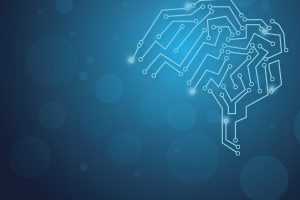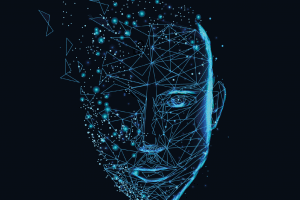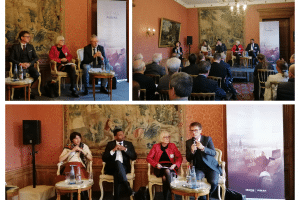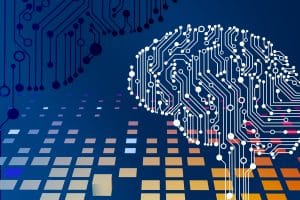Artificial Intelligence and Algorithms: Ethics and Fair Cooperation between AI and Human Intelligence
by Claude Revel & David Fayon | With the recent buzz surrounding generative artificial intelligence since the launch of ChatGPT, it has been impossible to escape this tsunami which is likely to disrupt a whole range of human activities for blue-collar workers, but also for white-collar workers who had so far been spared from automation and robotics. The questions that arise are whether algorithms are ethical, depending on how they are trained and reinforced, the data sets they use, their possible biases and whether or not they are inclusive. It is also important to question the role of humans. Does big data require the systematic use of AI, or is human processing sufficient and/or preferable?










